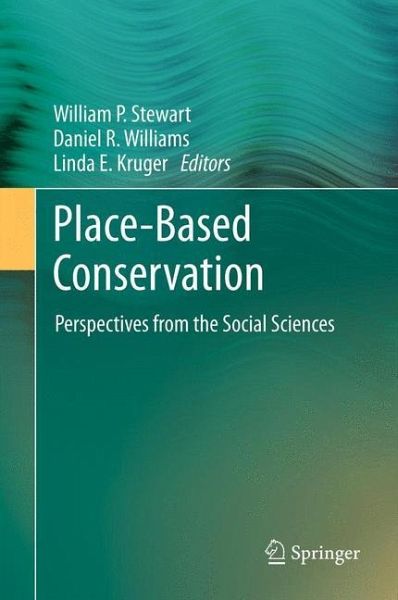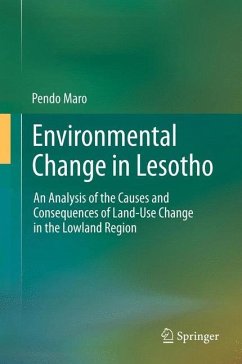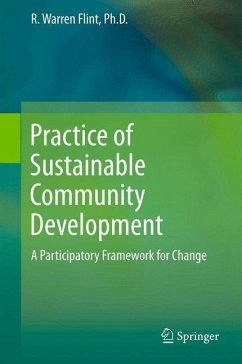
Place-Based Conservation
Perspectives from the Social Sciences
Herausgegeben: Stewart, William P.; Williams, Daniel R.; Kruger, Linda E.
Versandkostenfrei!
Versandfertig in 6-10 Tagen
113,99 €
inkl. MwSt.

PAYBACK Punkte
57 °P sammeln!
The concept of "Place" has become prominent in natural resource management, as professionals increasingly recognize the importance of scale, place-specific meanings, local knowledge, and social-ecological dynamics. Place-Based Conservation: Perspectives from the Social Sciences offers a thorough examination of the topic, dividing its exploration into four broad areas.
Place-Based Conservation provides a comprehensive resource for researchers and practitioners to help build the conceptual grounding necessary to understand and to effectively practice place-based conservation.
Place-Based Conservation provides a comprehensive resource for researchers and practitioners to help build the conceptual grounding necessary to understand and to effectively practice place-based conservation.














